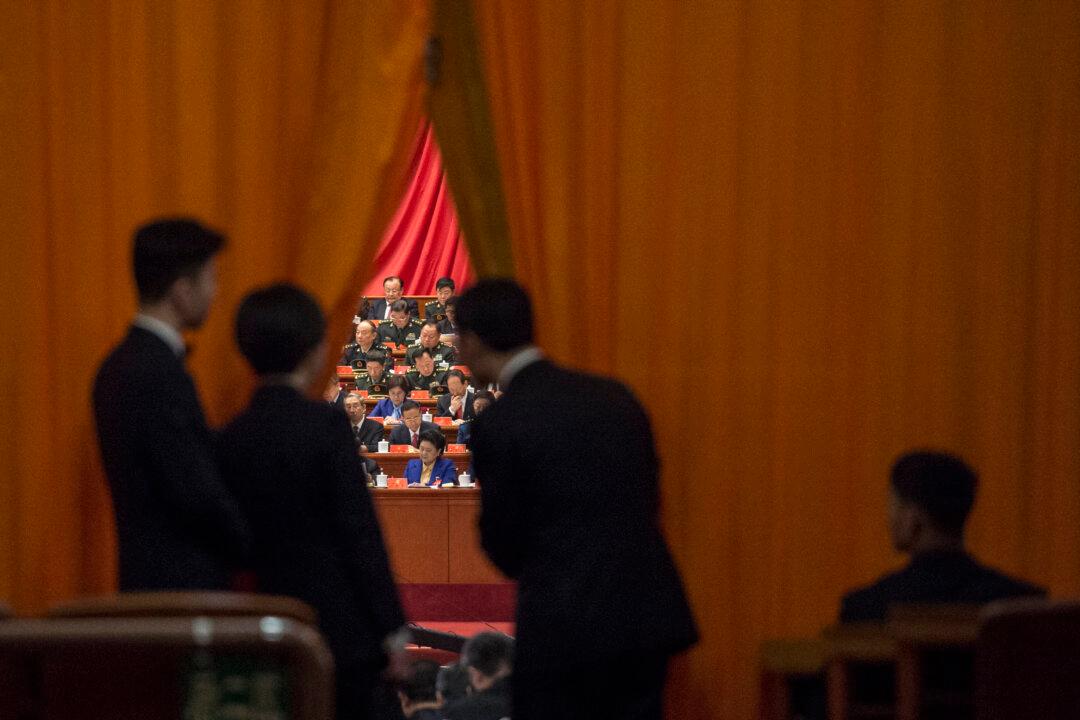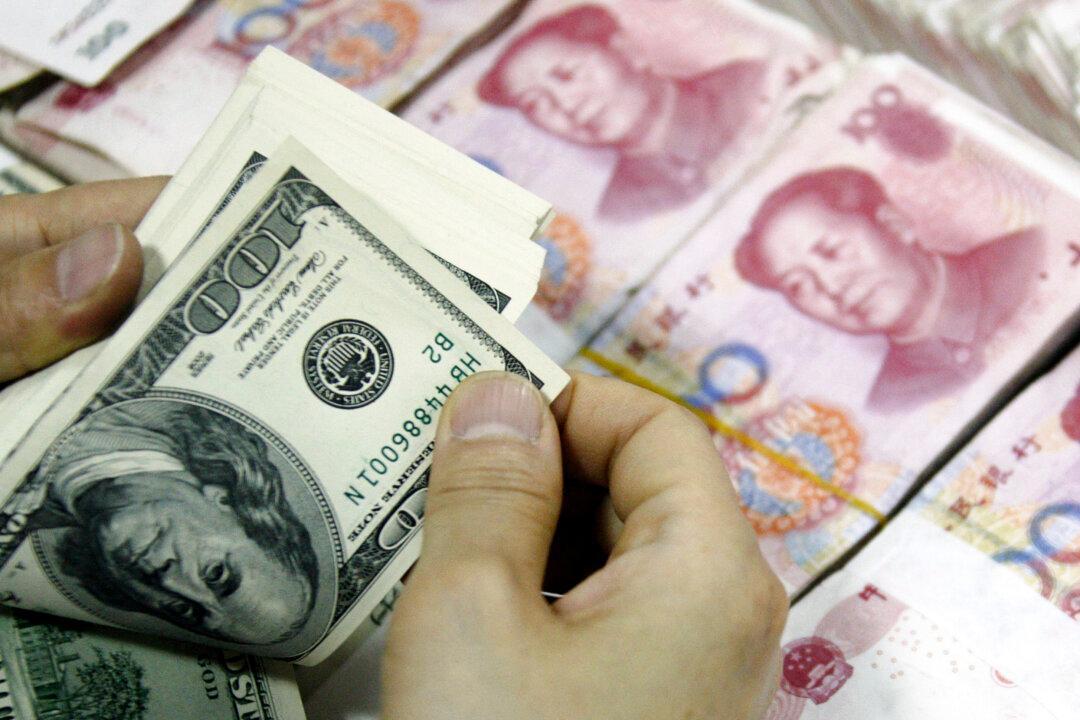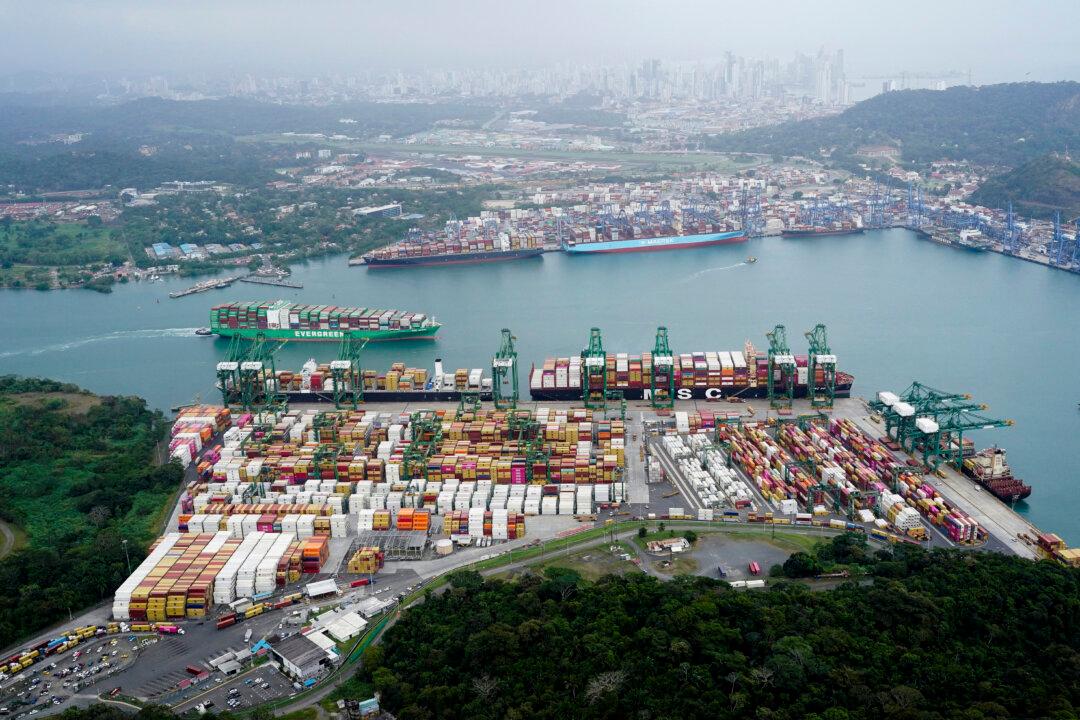Australia’s Minister for Home Affairs Karen Andrews and five other of the country’s MPs have signed an open letter opposing the election of a Chinese Communist Party (CCP) official to the International Criminal Police Organization (Interpol).
The legislators from 20 countries are all members of the Inter-Parliamentary Alliance on China (IPAC).
They allege the Chinese communist regime of using the Interpol Red Notice system to target Uyghur activists in exile and argue that Hu’s election would give Beijing a “green light” to continue using the international crime-fighting organization for its “repressive policies.”
“The Chinese Communist Party is increasing its influence over the world’s most important institutions,” Australian Labor senator Kimberley Kitching, a co-chair of IPAC, said. “From the UN Human Rights Council to the World Health Organisation, we have already seen how the CCP’s pernicious influence poses a threat to us all.”
“That Beijing could be extending its influence over the world’s policing body should be raising alarm bells in Embassies across the world.”
This comes after 40 activists also wrote to the Interpol Member States warning that electing Hu Binchen’s to the committee would have “grave consequences for the safety and wellbeing of Chinese, Hong Kongers, Taiwanese and Chinese human rights activists living outside China as well as Tibetan and Uyghur diasporas.”
The activists noted that many of them had been subjected to unnecessary INTERPOL red notices with signatories, including the World Uyghur Congress President Dolkun Isa, being subject to an INTERPOL Red Notice by CCP for nearly two decades for his activism around the human rights occurring in Xinjiang.
The Safeguard Defenders report also examines Hu Binchen’s role in Beijing’s International Cooperation Department pursuit of alleged ‘fugitives’ abroad through legal and illegal means.

One of the signatories, Liberal senator Concetta Fierravanti-Wells, a former minister for International Development and the Pacific, warned Australia against supporting the CCP official.
“What concerns me the most is the possibility of allowing Interpol to be used as a vehicle for the repressive policies of the PRC and the communist regime in China, which I think will do great harm to the international standing of Interpol,” she told The Epoch Times.
Fierravanti-Wells is also pushing for Interpol to include Taiwan.
“Taiwan is a democracy, and I have been in support of Taiwan joining the World Health Organization, but also I think it’s time we that set aside our [One China] policy and recognize Taiwan so certainly I would be supportive of that,” she said.
Interpol is known as the second-largest international organization after the United Nations. The organization has 194 member states and has an annual budget of more than 100 million euros.
The organization’s executive committee is composed of a total of 13 people. The committee’s main tasks include drawing up agendas for conferences, supervising the implementation of resolutions, submitting work plans and programs to the conference, and supervising the daily work of the Secretary-General.




